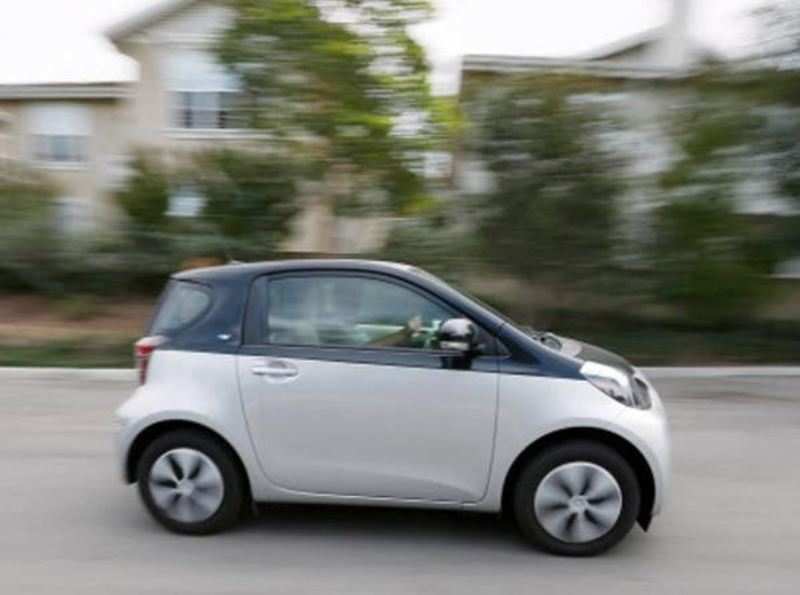
Touted as the future of the auto industry across the world, electric vehicles unfortunately have failed to take off in India. What could have been a terrific alternative to the conventional cars, especially in the times of rising air pollution and the subsequent odd-even formula, has miserably failed to even make a mark in the minds of the commuters.
“The sale of electric vehicles has not picked up the way it was expected to and we do not see it picking up aggressively unless four basic issues are not addressed,” said Sohinder Gill, president of
Gill attributed the dismal numbers, 5,000 units sold in June 2015 as against 4,000 units in the corresponding period last year, to the fact that these cars still haven’t reached the minimum threshold. According to him, the segment can attract large investments only when there are at least a million units on the road.
“If there are at least a million
Launching an electric vehicle is a capital intensive investment if one wants to be a serious player in the segment. A manufacturer cannot have the same design board that they have for a petrol or diesel car. If they do, then they will end up with a product that has a lot of inefficiencies. There were about 60 players who actually played around in the two-wheeler electric vehicle segment, bought parts from China and Taiwan and assembled a product.
The electric automotive industry is classified into two categories—electric four-wheelers and two-wheelers. Till date, it is the two-wheelers that have managed to make a mark to some extent in the overall auto industry. The basic theory behind the sale of two wheelers is budget. Two wheelers are sold more on its economic value than lifestyle, except motorcycles to an extent.
However, when it comes to a car, electric vehicles are nowhere close to their fuel counterpart in terms of styling, comfort or prestige. “In India, the cars are still positioned as a status symbol, which electric vehicles lack presently,” added Gill.
Besides, the mindset for buying a four-wheeler is also to travel in comfort. After all, when one buys a car, it is intended to be used for long distances. But currently the infrastructure for charging electric vehicles is not there. Hence, the volume sale of electric vehicles hasn’t happened yet.
According to him, the government should have undertaken the task of building charging points in the country as it would be a public property. “Why should a private player invest in this when it would be a public property,” he cited.
It must be noted that Hero and Reva had come up with electric vehicles but could not be successful in the market. “It didn’t create any impact simply because we don’t have the infrastructure. But we did get mileage from the product,” chuckles Gill.
Image credit: IndiaTimes
